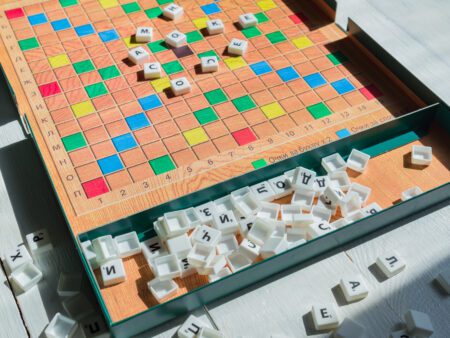Get the real scoop on blackjack card counting. Uncover its historical roots, understand the strategy, and decide for yourself if it’s really worth it.
Blackjack Card Counting: Is It Really Worth It?
Picture this. You’ve just walked into your favorite casino, the hum of conversation and the clink of coins fill the air, creating an electric atmosphere. You find yourself drawn to the blackjack table, like a moth to a flamboyant, green felt flame. You’ve heard tales of card counting, a complex, almost mythical strategy whispered amongst seasoned players. You find yourself wondering, is it really worth it?
Did you know, the concept of card counting has been around since the 1960s, as a natural evolution of strategies aiming to beat the house? If you’re questioning its relevance today, you’re not alone. But, whether or not it’s worth it, well, that’s where things get interesting.
The Art and Science of Card Counting
Card counting, in essence, is a strategic approach to blackjack where players keep track of the ratio of high to low cards left in the deck. The aim? To gain an edge over the house. Now, that sounds like something straight out of a Hollywood movie, doesn’t it? But it’s grounded in math, not magic.
‘So, I’ve got to be a math whizz?’, you may be wondering. Not so! While the concept is mathematically based, the application is more about maintaining focus and applying the strategy consistently. In fact, many successful card counters are not math geniuses but rather keen observers with a knack for control and consistency.
Remember though, as with all casino games, knowing how to engage in responsible gambling is paramount. Card counting is no guarantee of a win and should be approached as a way to enhance the overall gaming experience, not as an assured route to riches.
Breaking Down Card Counting
The basic idea behind card counting is simple: high cards, particularly aces and 10s, benefit the player more than the dealer. Low cards, on the other hand, favor the dealer. By keeping track of the cards that have been played, a card counter can adjust their bets when the count of remaining high cards favors them.
Think of it as a seesaw. When the deck is rich in high cards, the balance tips in your favor. When low cards dominate, the dealer has the upper edge. Your betting strategy should reflect this balance.
Now, you might be asking, ‘Isn’t this illegal?’ A common misconception, my friend! While frowned upon by casinos (for obvious reasons), card counting falls well within the scope of fair play. It’s a strategy based on skill, not deceit. However, if caught, you might find yourself kindly (or not-so-kindly) asked to leave.
Card Counting vs Basic Strategy
Before delving into card counting, mastering basic blackjack strategy is crucial. The latter provides the foundation onto which card counting can be built. At its heart, blackjack is a game of decisions, and a solid basic strategy informs those decisions before card counting comes into the picture.
Imagine basic strategy as knowing the steps of the dance. Card counting, then, is like hearing the rhythm of the music, allowing you to adapt and improvise. Both components play pivotal roles in a successful blackjack dance.
Is Card Counting Worth It?
So, back to our original question: is card counting really worth it? That depends. Are you willing to put in the time and effort to master not only the practice of card counting itself but also the discipline it necessitates?
Let’s face it, card counting isn’t for everyone. It doesn’t guarantee a win and requires a considerable investment of time, concentration, and, yes, a bit of nerve too! On top of this, modern casinos employ various measures to hinder card counters, like using multiple decks or shuffling them often.
But for those who enjoy the mental challenge and are willing to take the risks, card counting can add an intriguing layer of strategy to blackjack. It takes the game beyond pure chance, adding a dash of skill and control into the mix. Whether or not that’s worth it, is a bet you’ll have to make for yourself.










